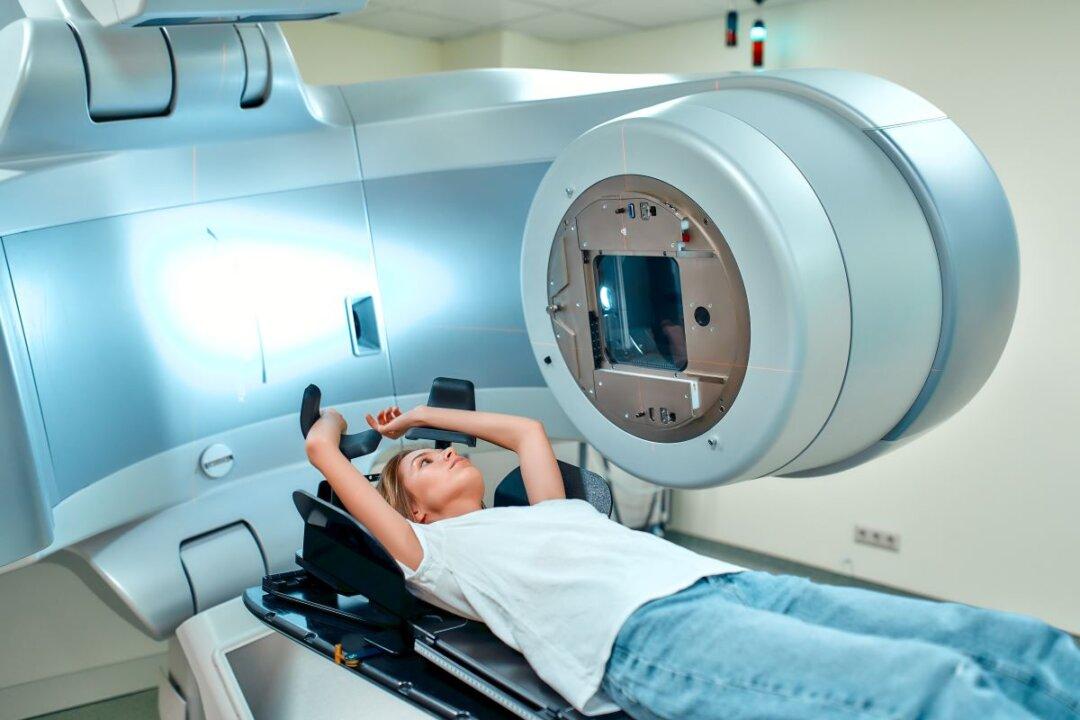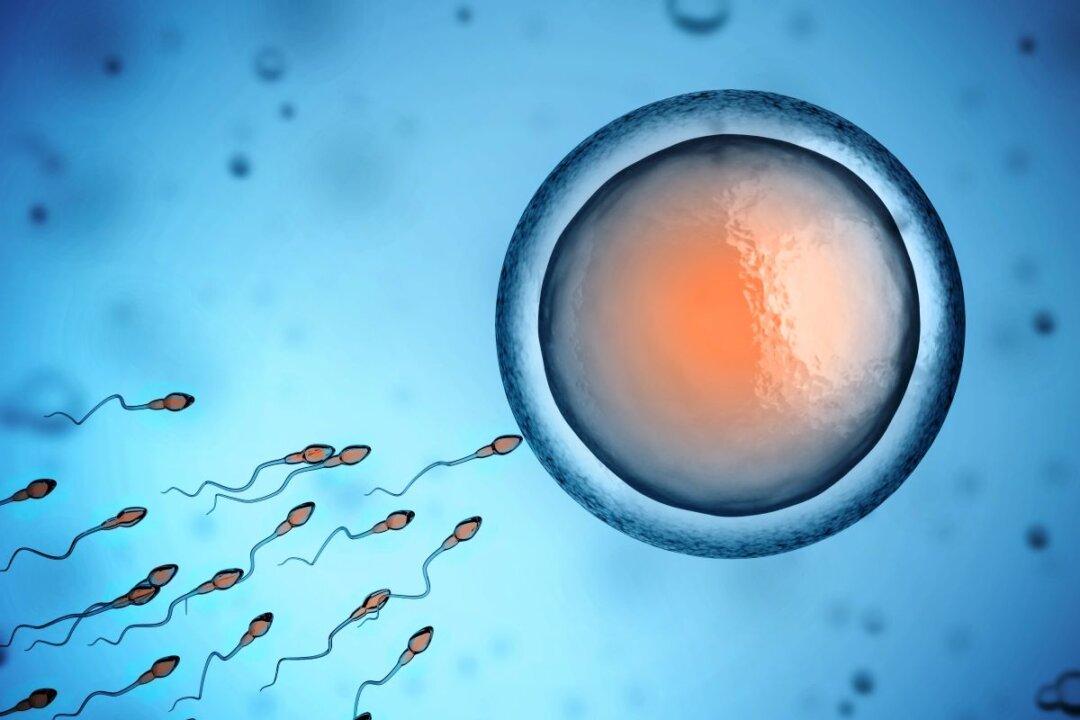Relief may be in sight for cancer patients suffering from the side effects of radiotherapy after researchers from the University of Adelaide found that a combination of traditional Chinese herbs reduces the severity of radiation-induced gastrointestinal mucositis (GIM).
GIM may cause inflammation, abdominal pain and bloating, ulcers, diarrhoea, as well as nausea and vomiting, and while there is currently no effective treatment for the condition, the study outlines the potential benefits of the herbs “Kushen” and “Baituling” for those who have GIM after receiving radiotherapy to treat stomach, abdominal, and pelvic cancers.





